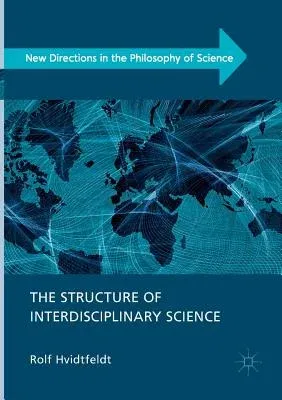Rolf Hvidtfeldt
(Author)The Structure of Interdisciplinary Science (Softcover Reprint of the Original 1st 2018)Paperback - Softcover Reprint of the Original 1st 2018, 19 January 2019

Qty
1
Turbo
Ships in 2 - 3 days
In Stock
Free Delivery
Cash on Delivery
15 Days
Free Returns
Secure Checkout
Part of Series
New Directions in the Philosophy of Science
Print Length
295 pages
Language
English
Publisher
Palgrave MacMillan
Date Published
19 Jan 2019
ISBN-10
3030081192
ISBN-13
9783030081195
Description
Product Details
Author:
Book Edition:
Softcover Reprint of the Original 1st 2018
Book Format:
Paperback
Country of Origin:
NL
Date Published:
19 January 2019
Dimensions:
21.01 x
14.81 x
1.68 cm
ISBN-10:
3030081192
ISBN-13:
9783030081195
Language:
English
Location:
Cham
Pages:
295
Publisher:
Weight:
376.48 gm

